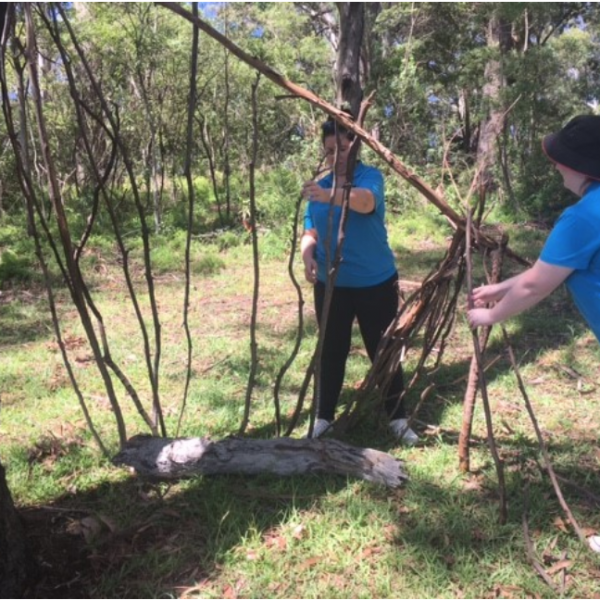Affinity for nature in children develops over time, researchers find

Researchers from the University of Chicago (UChicago) have found that an affinity for nature may develop gradually in life, rather than being inherent from an early age. The research was sparked when scientists wanted to learn more about preferences for urban or natural environments, and if these preferences are inherent, or learned over time.
To find out, 239 children aged from 4 to 11 years of age were asked to rank pictures of urban and natural environments, in order of preference.
Researchers found that children preferred urban environments much more than the natural environments favoured by 167 adult participants.
However, preferences for urban environments were significantly lower among older children—suggesting that an affinity for nature may develop gradually in life, rather than being inherent at a young age.
Prior to conducting the research, which was recently published in the Journal of Environmental Psychology, doctoral student Kim Lewis Meidenbauer suspected that the children would favour natural environments, as was the case with the adults. She said she was “incredibly surprised” that the evidence was to the contrary.
Ms Lewis Meidenbauer interviewed more than 90 children from Chicago and other parts of Illinois, more than 100 from other states and 11 from other English-speaking countries. At least 20 children were represented in each age group, and sibling groups were excluded from the findings.
The scholars used images that were equated in visual appeal, so as to account for aesthetic preferences unrelated to natural or urban environments. They also found that children’s preferences were not related to the amount of time they spent outdoors in natural environments.
This research help fills a gap in the existing body of research on nature preferences, which has not closely examined children under 9 years old.
“It is important to note that our results do not mean that nature is not good for children,” said Marc Berman, the study’s senior author and an associate professor in the Department of Psychology.
“Plenty of studies on nature interactions, including many from our laboratory, show that cognitive, social and health benefits in adults are not driven by preferences or improvements in mood. So, it doesn’t seem like the cognitive benefits of nature exposure are all about liking nature or some kind of hedonic response,” he added.
With the research pointing to the idea that fondness for nature is not a given in childhood, Mr Berman said exposing children to natural experiences early in life “may be critical for them to develop an appreciation for nature later in life”.
While no obvious cause for why children’s preferences counter those of adults was found, one theory of the researchers is that the children are influenced by their parents, and that those influences may take time to manifest.
That idea is bolstered by the researchers’ data, which show that older children’s preferences increasingly mirrored those of their parents.
The psychologists hope to continue investigating whether there are other mechanisms at play, and if adults and children weigh environmental preferences to different degrees. They also hope to conduct similar research on the preferences of adolescents.
“Our study also found evidence for the cognitive benefits of nature exposure in kids, and it was entirely unrelated to preference,” Ms Lewis Meidenbauer said. “This is important because it really suggests that children don’t need to like nature for it to be good for them.”
The gradual development of the preference for natural environments, is available to read here.
Popular

Workforce
Policy
Quality
Practice
Provider
Research
ECEC must change now, our children can’t wait for another inquiry
2025-07-02 07:47:14
by Fiona Alston

Workforce
Practice
Provider
Quality
Research
Supporting successful transitions: Big moves, big feelings
2025-06-26 11:00:30
by Fiona Alston

Practice
Quality
Research
When joyful autonomy matters so much more than curriculum outcomes
2025-06-25 09:30:36
by Contributed Content













